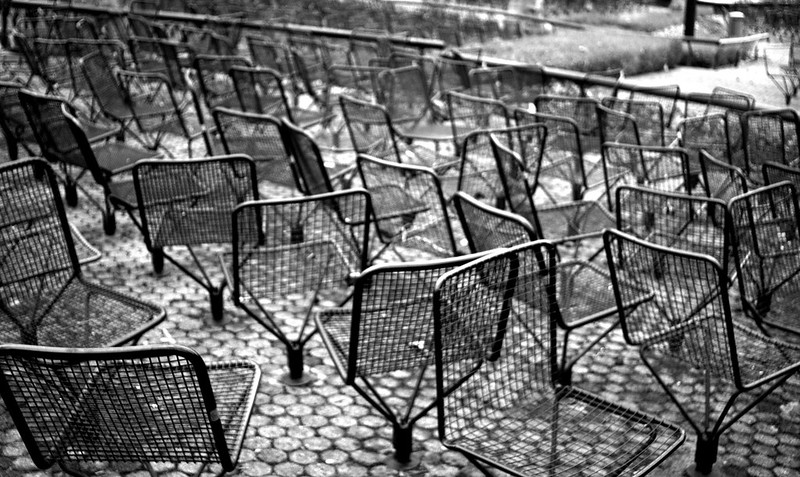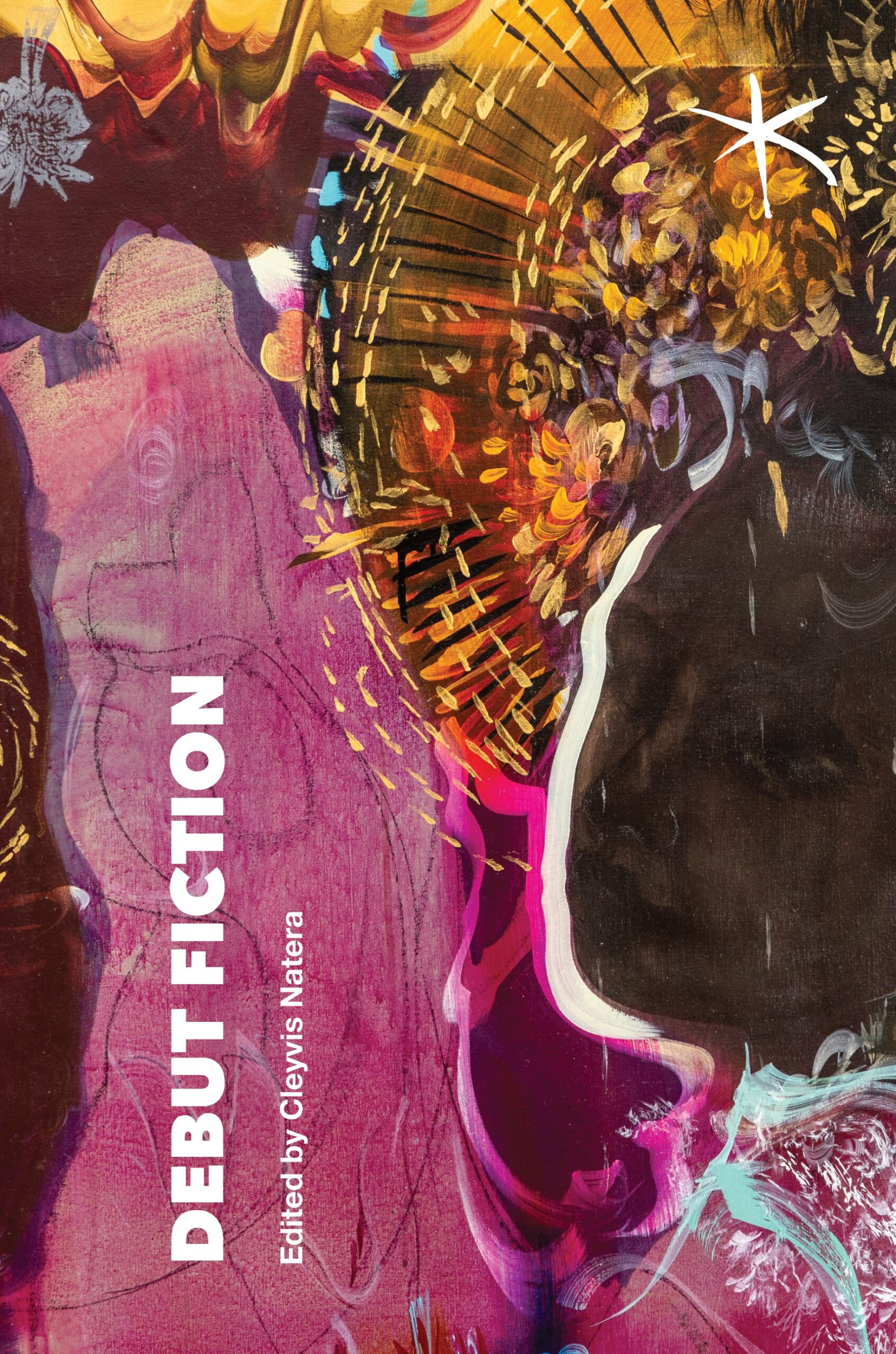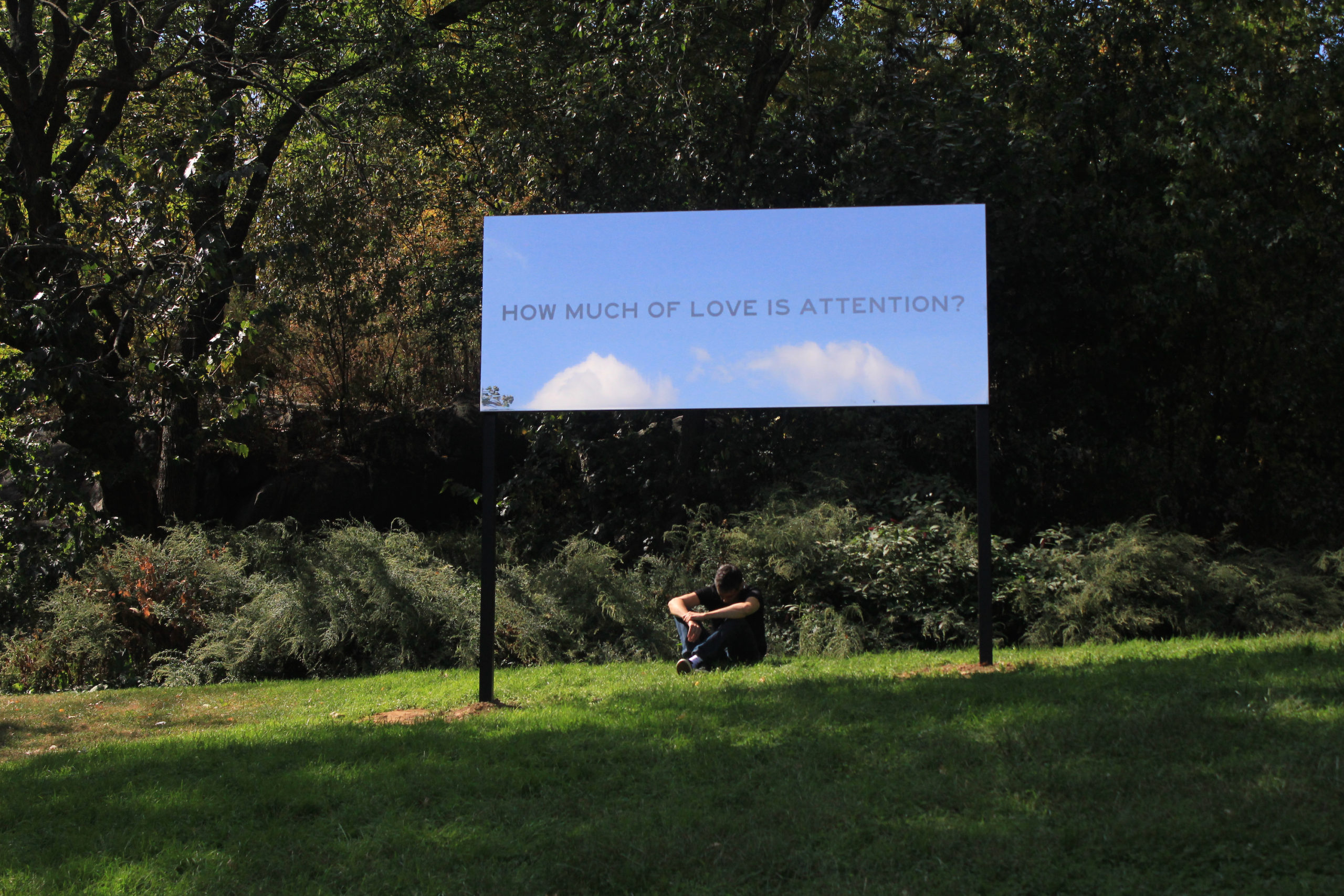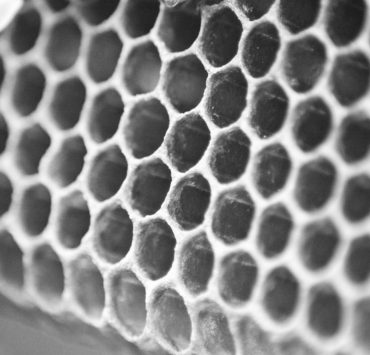
Dear Editor,
I thank you for this invitation. Funny, I composed a poem about the historic Watts uprisings on Sunday May 24, before the MPD murdered George Floyd.
There’s a part of me that wants to simply send you all of what I’ve already written. Not as some authority, but to point out simply that this is a changing same. That I—and many others—are always thinking about the conditions under which George Floyd and so many, many others are subject, the combination of these as features, not bugs, in systemic modes of violence that are a part of the purview of policing. As my wife and I explained to our 10-year-olds (who learned explicitly about a then contemporaneous application of this constant, historic killing when St. Anthony police officer Jeronimo Yanez murdered Philando Castile): it isn’t that law enforcement is simply disinterested in protecting Black people, but that US Culture/Law dictate that our very presence is the thing they are meant to protect against.
That white comfort has come to define itself as dependent on methodical control of /everyone/ they deem “other” is true—settler colonialism, slavery, racism, forced displacement within the country, deportation, xenophobia, lynching, segregation, official exclusionary acts, internment, redlining, underemployment, food deserts, compromised healthcare access, the prison industry, genocidal wetworks, and on and on. In this, Black people have the horrifying under-privilege of being /mass mediatization’s/ most consistent public face of a comfort-control equation involving law enforcement and murder; and, as such, we—along with everyone else—see Black people murdered and assaulted by police and parapolice vigilantes again and again across the country’s news cycle with a sure shot frequency.
That White Supremacy put me in a position to make this a reasonable conversation to have with my then six-year-olds is a violence I will never forgive. I will go to work carrying it. I will share social space carrying it. I will form friendships carrying it. Yet I will not forgive it.
But back to the invitation. I’ve grappled with your request. Because, you see, I wonder: at what point does another piece triggered in response to the changing same become a part of the control-comfort ecosystem? This is complex in that writing such things is not cathartic for me, and I’d imagine, many others. And that many different kinds of people could read what I’ve written, including people who are on the short-end of the control-comfort stick. I wonder, and I wonder this honestly, when is writing about violence against Black people not a prediction, by which I mean: This violence is always happening, so when I wrote the poem I mentioned above, was I reacting to Watts, refracted through the pattern of the changing same? Was I acting in anticipation or response to the same thing happening again? Or was I, like the pastoral poet, not set on waiting for the event of Fall in order to write about the redness in the arbor, but simply looking out my window, in some October, and watching a cycle continue?
Understand, I am angry, Editor. Not with the invitation, precisely. I am angry that a policeman murdered George Floyd. I am angry that members of my community must risk their safety—from more violence and a pandemic—to demonstrate against this changing same. But for this letter, dear Editor, I am angry that despite all I’ve written, alongside contemporaries who have written even better, adding to a tradition we carry on because it is the cycle in which our ancestors fell, suddenly red, to the ground and those who could, wrote about it also better than I; that what seems to be the case is that maybe if WE try again, maybe if WE write it more clearly and passionately, but not TOO passionately, or perhaps more passionately, or with more nuance, or perhaps with unequivocal statements, or more musically, maybe with greater eloquence, no, no, plain speech—that /maybe/ if WE do that, juuuuuuust right and do it new and do it now with speed and urgency for those moments they are paying attention, white people will finally realize that /they are responsible for changing themselves./ And —via their massive, more sacrosanct, voting power; disproportionately large economic resources; gross overrepresentation in positions of power they already hold; and, most importantly, prime access to their own psyches—speedily and urgently dismantling the systems that exist for them and their privilege. And yes, class is critical to this, but more fluid than perceived race. Police don’t check your credit rating before they shoot, club, rough-ride, or strangle your life away because, you see, they already know what they think you’re worth.
So, I don’t know what to write about this other than George Floyd was murdered by a police officer named Derek Chauvin, who apparently didn’t do anything so unbecoming of an officer as to be permanently relieved of duty prior. Who, because several other police officers were present as he murdered George Floyd over the course of about nine minutes, apparently didn’t seem to be doing anything unbecoming of an officer on Monday, May 25th, either.
I will write that Black people are being asked to be patient again and show faith that maybe this time will be the one that really makes a difference, even as the same old narratives about property damage roll out from the owners of stolen land.
I will write that again, my children are terrified, because this is terrorism. I will write that the president’s vile White Supremacism doesn’t let the brakes off of the White Supremacy at-large, for to suggest so would require the ridiculous fancy that the train was built with any thought that it should ever have to stop.
I will write that if Derek Chauvin, George Floyd’s murderer, is acquitted, the jury has agreed that $20 is the price of Black life. I will write that police will murder other Black people: some will be children, some will be elders. They will fall across the spectrum of gender identities. Many will be poor and almost all will be poorer than their white counterparts. The police will do this on and off-camera. They will do it on the street and in the victims’ homes. In parks and parking lots. They will do it, Editor. And they will do it /for white people/. Whether white people claim to want it done or not.
I would like to invite more white people to do something material /about not wanting it/. I would like to invite more white people to critically-engage their sabotaging of our efforts through thoughtless, opportunistic acts of catharsis and self-serving gaslighting. I would like to invite more white people to stop preferring that we keep producing new work when it’s they who have work to do. Isn’t that desire the very condition that sailed many Black folks here?
—Douglas Kearney
St. Paul, MN
Douglas Kearney has published six books, most recently, Buck Studies (Fence Books, 2016), winner of the Theodore Roethke Memorial Poetry Award, the CLMP Firecracker Award for Poetry and silver medalist for the California Book Award (Poetry). His work has been exhibited at the American Jazz Museum, Temple Contemporary, Los Angeles Contemporary Exhibitions, and The Visitor’s Welcome Center (Los Angeles). A librettist, Kearney has had four operas staged, most recently Sweet Land, which received rave reviews from The LA Times, The NY Times, and The LA Weekly. He has received a Whiting Writer’s Award, a Foundation for Contemporary Arts Cy Twombly Award for Poetry, residencies/fellowships from Cave Canem, The Rauschenberg Foundation, and others. A Howard University and CalArts alum, Kearney teaches Creative Writing at the University of Minnesota–Twin Cities. Born in Brooklyn, raised in Altadena, CA, he lives with his family in St. Paul.







